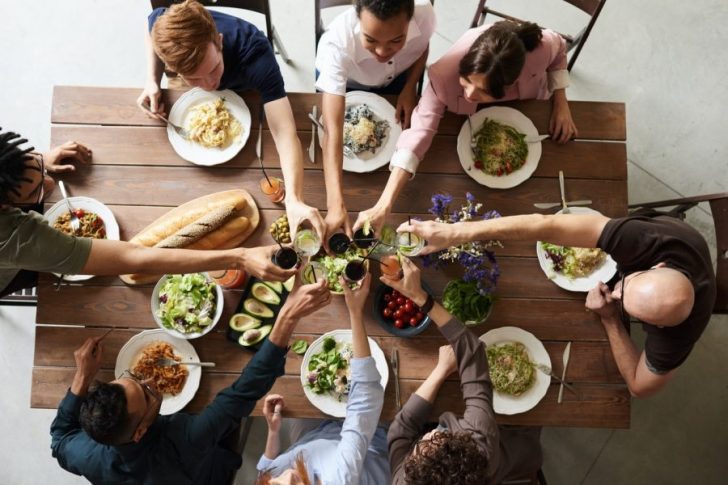Families probably play the most important role in shaping a child’s life and his core beliefs, from the first encounter with the world and first emotions to unconsciously forming one’s own attitude and views. From birth, our families influence our worldview and guide us toward rational decision-making, playing a big role in our development well into early adulthood. In an ideal world, a family is supposed to provide a safe, stable, and loving environment that will enable each member, especially children, to develop in accordance with their potential.

Agung Pandit Wiguna/ Pexels | Each family member radiates a color. but together, they form a rainbow
The family also plays a crucial role in guiding you down the path of morality when it comes to outside influences such as dealing with drugs, alcohol, peer pressure, bullying, or someone saying negative things to you. Your family might not be able to shield you from everything, but they will be able to assist you through the hard times and give you the tools you need to diffuse or avoid the situation. The family will provide you with a home if you do not have one and they will point you in the right direction so that you can get back on your feet. The family will tell you what you do not want to hear, but they do it out of love to help you grow.
The role of the family in society

fauxels/ Pexels | If you’re part of a family, then you’re part of something marvelous
The family is considered the core of society because it is the place where its members are most personally affected. This is the easiest place to instill values and create change. When families believe they can achieve and help others and lift each other up to prosper and reach greater heights, society can do great things. On the other hand, if the families are held down in an abject state of poverty and despair, society will not prosper.
The impact of family on society is small when you speak of only one family. However, it is huge when you speak of families collectively. And because we all influence each other in our connected communities, we can all make a positive difference. The role of the family in society is to create the foundational building blocks that shape the future of our society.

Agung Pandit Wiguna/ Pexels | Family happiness is one of the greatest kinds of happiness
Large families are major economic contributors. From insurance to Costco runs, clans packed with people are by nature, big spenders. Furthermore, families with droves of kids are producing droves of future adults, which will be needed to sustain the economic balance as aging populations leave the workforce. Smaller families will result in smaller numbers of economically contributing adults, while the aging population continues to be large and in need of economic support, hence tipping the scales of economic balance.
Along with life lessons, people learn a value system within their family structure. They learn what their family defines as right or wrong, as well as what’s important to the community. These values become ingrained and form a foundational part of a person’s identity. Values affect how a person treats others, how they view themselves, and what they see as their purpose in life.





